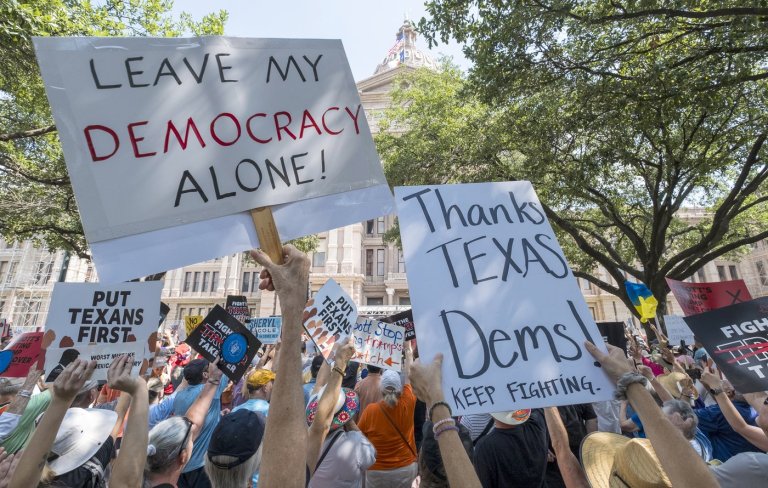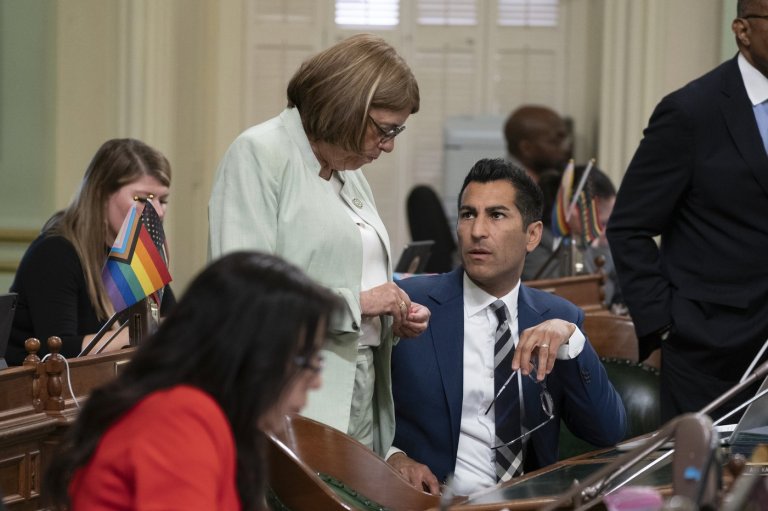No charges for NBC host for displaying high-capacity magazine on TV
WASHINGTON – NBC television journalist David Gregory won’t face charges for displaying a high-capacity ammunition magazine on his “Meet the Press” news program last month, prosecutors announced Friday.
The District of Columbia’s Office of the Attorney General, which handles low-level crimes, said criminal charges wouldn’t serve the public’s best interests even though possession of the magazine — capable of holding up to 30 rounds of ammunition — was clearly against local gun laws.
D.C. Attorney General Irvin Nathan cited the First Amendment of U.S. Constitution that protects free speech in making his decision.
“Influencing our judgment in this case, among other things, is our recognition that the intent of the temporary possession and short display of the magazine was to promote the First Amendment purpose of informing an ongoing public debate about firearms policy in the United States, especially while this subject was foremost in the minds of the public,” Nathan wrote.
The issue of gun control has risen to the forefront of U.S. politics since the horrific elementary school shooting Connecticut.
Still, Nathan said, there were other legal ways to prove the point and that “there is no doubt of the gravity of the illegal conduct in this matter, especially in a city and a nation that have been plagued by carnage from gun violence.” He said it was a “very close decision” to not bring charges.
Firearms laws in the nation’s capital generally restrict the possession of high-capacity ammunition magazines, such as the one Gregory said he was holding up during a Dec. 23 interview, regardless of whether they’re attached to a firearm. Punishment can carry up to a year in jail or a $1,000 fine.
D.C. police say NBC asked for permission to use the clip during a segment and was advised that it would be illegal, though NBC has said it received conflicting guidance from other law enforcement sources.
Gregory held up the magazine as a prop during an interview on gun control with Wayne LaPierre, the executive vice-president of the National Rifle Association, the most powerful gun lobby in the U.S.
“Here is a magazine for ammunition that carries 30 bullets. Now, isn’t it possible that if we got rid of these, if we replaced them and said, ‘Well, you can only have a magazine that carries five bullets or ten bullets,’ isn’t it just possible that we could reduce the carnage in a situation like Newtown?” Gregory asked, referring to the Dec. 14 school shooting in Newtown, Connecticut, in which a gunman killed 20 children and six adults.
LaPierre replied: “I don’t believe that’s going to make one difference. There are so many different ways to evade that even if you had that” ban.
Police began investigating after the program aired and recently referred its findings to the attorney general’s office.
The NRA couldn’t immediately be reached for comment Friday.
However, NRA president David Keene told CNN last month that he didn’t believe Gregory should be prosecuted for what he called a “silly felony.”
“I do think it illustrates the craziness of some of these laws,” Keene said at the time.
Gregory, a longtime correspondent, was named “Meet the Press” moderator in 2008. The program is generally taped in Washington.
“Meet the Press” issued a statement Friday that said: “We displayed the empty magazine solely for journalistic purposes to help illuminate an important issue for our viewers. We accept the District of Columbia Attorney General’s admonishment, respect his decision and will have no further comment on this matter.”
Join the Conversation!
Want to share your thoughts, add context, or connect with others in your community? Create a free account to comment on stories, ask questions, and join meaningful discussions on our new site.

















Leave a Reply
You must be logged in to post a comment.